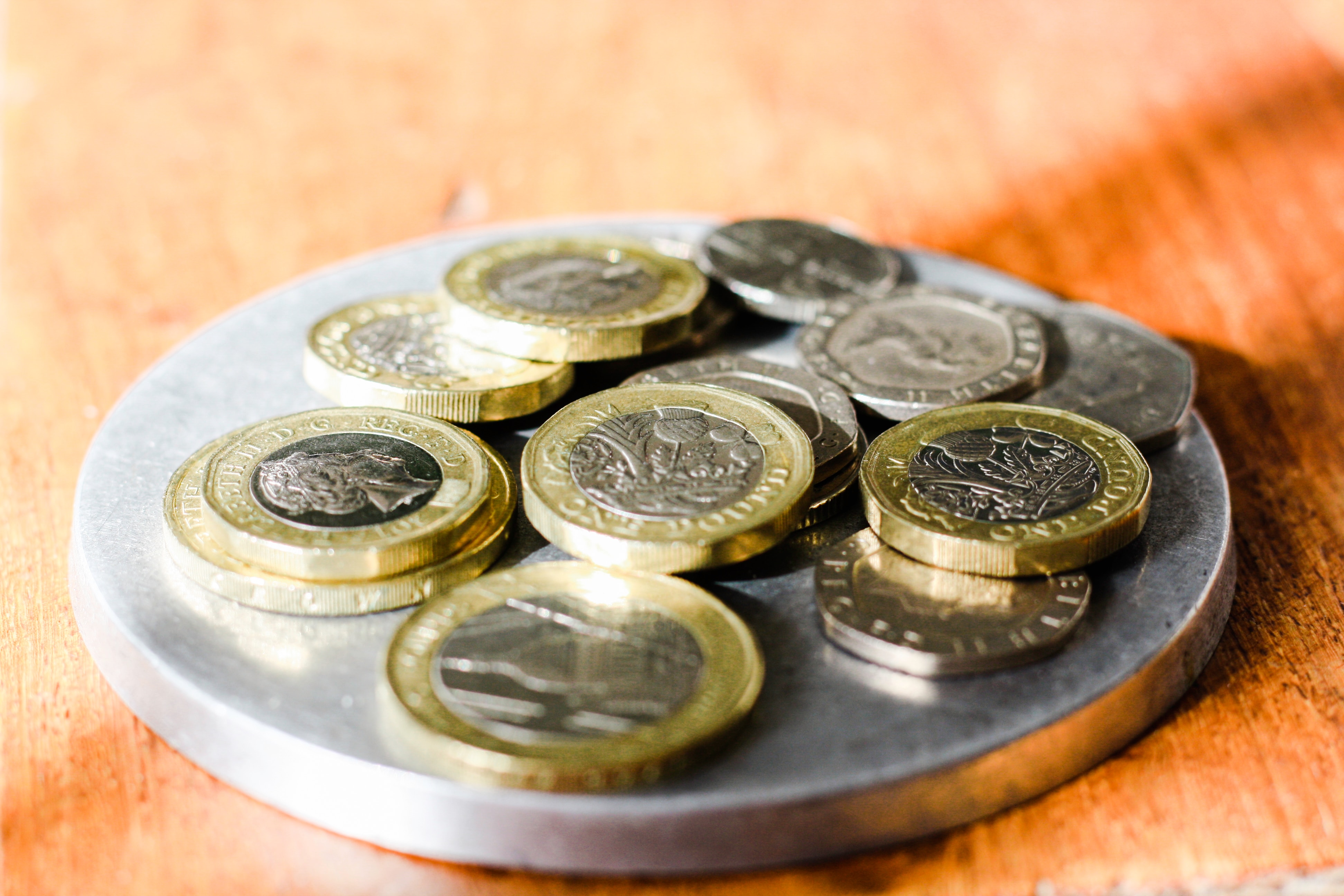Blog - April 24, 2023
Blog
What Is Money Insurance and Is There Any Value In It?


There’s an insurance policy for almost everything – what if you face financial loss due to theft or damage of physical money and assets? In that case, Money insurance may protect your business.
Read on to learn about what Money insurance covers and whether your business needs it.
What is Money insurance and what does it cover?
Money insurance protects your business from financial loss due to theft or damage. It might cover cash, checks, and other negotiable instruments. It generally focuses on physical money, and therefore is less relevant in today’s largely cashless society.
Yet, if you have an office or commercial combined insurance package covering property, contents, or computers, there’s a good chance it’ll also include money protection – depending on the insurer and policy type. Where it’s included, you’ll normally receive the standard cover without paying a separate charge, so there’s rarely any benefit to removing it.
Is my money covered wherever it is?
Depending on the product, Money insurance can cover losses in different locations. Let’s take a look at which areas your policy may include:
The business premises
Most insurers will protect money at the main business premise noted on the policy schedule. It might also cover money at:
Transit
Cover normally protects money in transit, like a trip to the bank to deposit or withdraw cash.
There might also be conditions for carrying higher amounts. For instance, making sure a minimum number of people are there to reduce the risk of robbery in transit.
Safes
Money is generally covered automatically within an unspecified safe. And the standard limit is quite low – sufficient for most businesses. Those working with higher amounts of cash, like hospitality or retail, may need increased safe limits.
The limit offered will depend on the quality of the safe. All safes are tested for their security, rated on their resistance, and given a cash rating. Insurers use this to determine the maximum limit insured.
When is my money covered?
Although it can vary, Money insurance normally provides coverage 24/7. That said, the amount insured might reduce outside working hours.
For example, cash on the premises might be insured for £5,000 during business hours. However, the limit could reduce to £1,000 outside business hours unless the cash is locked in a safe.
Extensions and additional covers
Depending on your business, policy, and insurer, you might have extensions and additional cover:
Robbery and assault
Most money policies include an extension that provides a fixed limit for injury to staff arising from robbery or assault. It’s normally included without an additional charge.
The limits are usually quite low, typically at a maximum of between £10,000 to £20,000. And it’s only payable when the injury is temporarily or permanently disabling – or if the employee was killed.
If you require a higher limit, we recommend looking at a group Personal Accident policy. In addition to higher limits, Personal Accident cover provides a far wider scope of protection.
Personal effects
Some covers will also pay for lost or damaged employee personal effects following a theft or robbery. This usually has a very low limit, designed to cover lower-value items, like coats and bags, rather than employee-owned computers or phones.
What does Money insurance not cover?
As with any insurance, there are exclusions – typically including:
Plus, many policies are only triggered if you report the incident to the police – insurers require a crime reference number before agreeing to the claim.
How relevant is Money insurance in today’s world?
Whether or not you need Money insurance depends on your type of business and how you run it. A key consideration is the amount of tangible money you’re involved with.
For example, some retailers will still take high quantities of cash each day, so Money insurance can be a very useful additional protection. And despite many customers opting to use card payments, we continue to see money claims in retail.
Some businesses have moved towards a cashless model, reducing the risk. That said, it’s still a valuable policy, particularly when it’s included in a standard commercial combined insurance package. After all, even a standard office could have a petty cash box.
And remember, just because there’s a reduced physical cash risk, it doesn’t mean that your business no longer faces financial loss. Instead, the risk has shifted toward intangible monies and digital threats.
How should we protect our money?
Now that the largest risks to money are mainly digital – with online banking, payment processors, and contactless payments dominating transactions – the paradigm has shifted.
Where traditional Money insurance no longer offers comprehensive protection, new types of coverage, like Crime and Cyber Crime insurance, have stepped in to plug the gaps.
These policies can protect your business against risks like funds transfer, ID theft losses, and falling victim to social engineering scams.
Protecting your money
Navigating different insurance covers might be confusing, especially as the risks continue to evolve. Which Money insurance is right for your business? Do you have the appropriate level of cover? For answers to these questions, speak to our friendly team today at 0161 533 0411, email info@riskboxuk.com, or contact us online.
Photo by Sarah Agnew on Unsplash